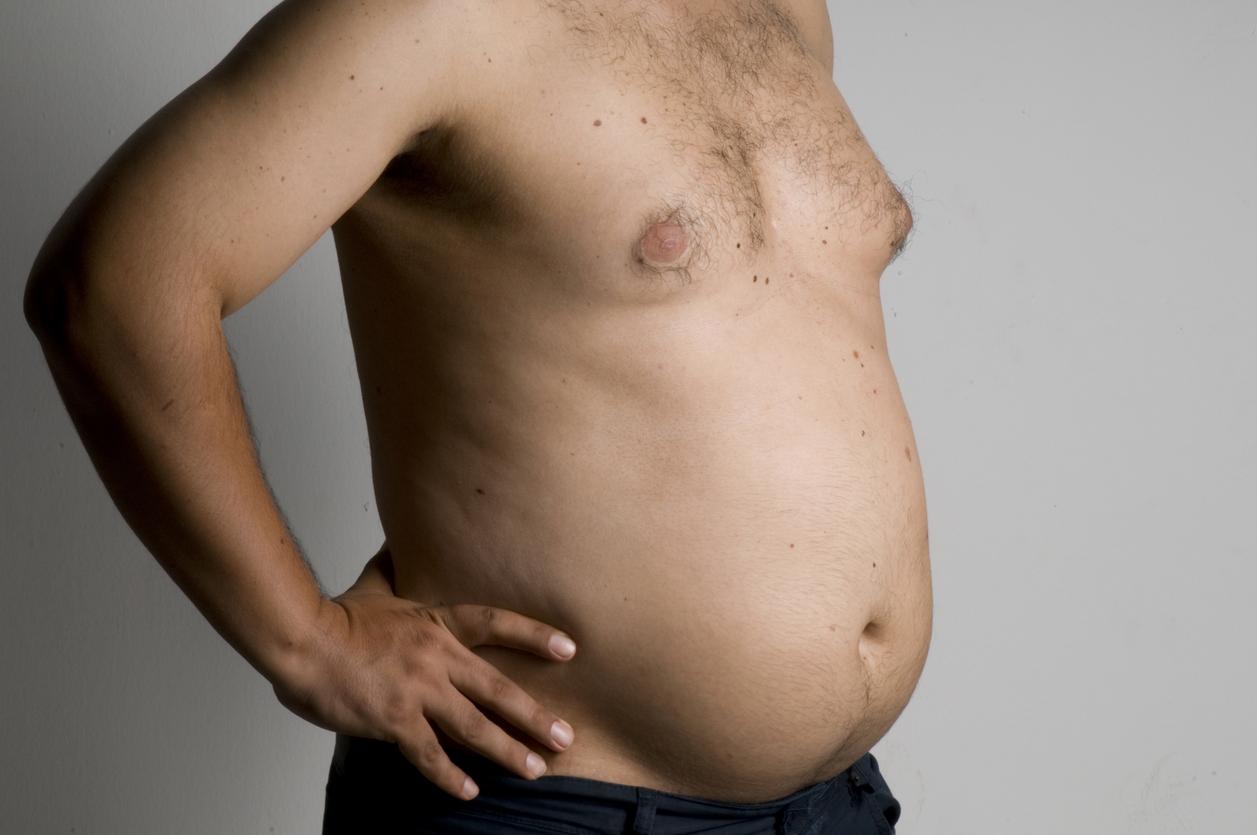Breast reduction surgery quadruples among British men, doctor says
The condition is often caused by an imbalance of hormones

Your support helps us to tell the story
From reproductive rights to climate change to Big Tech, The Independent is on the ground when the story is developing. Whether it's investigating the financials of Elon Musk's pro-Trump PAC or producing our latest documentary, 'The A Word', which shines a light on the American women fighting for reproductive rights, we know how important it is to parse out the facts from the messaging.
At such a critical moment in US history, we need reporters on the ground. Your donation allows us to keep sending journalists to speak to both sides of the story.
The Independent is trusted by Americans across the entire political spectrum. And unlike many other quality news outlets, we choose not to lock Americans out of our reporting and analysis with paywalls. We believe quality journalism should be available to everyone, paid for by those who can afford it.
Your support makes all the difference.A condition which can affect up to half of all men, treatment for gynaecomastia, or ‘man boobs’ as it’s most commonly known, is on the rise.
According to Dr Navid Jallali, a leading a consultant cosmetic and reconstructive surgeon, the number of British men going under the knife has increased four fold over the last five years.
But despite this many men are still being denied treatment on the NHS, the Daily Mail reports.
While more people are coming forward for help, countless sufferers are left to feel ridiculed or ‘fobbed-off’ as doctors blame unhealthy lifestyles for the condition when this is often not the case.
“We're seeing more and more patients with gynaecomastia,” Dr Jallali said.
“Not necessarily because more men are developing the condition but because more are now willing to talk openly about it. And that's a positive step.
“But the thing I hear again and again from patients is that their gynaecomastia is not being taken seriously enough. They feel like they're being fobbed off.
“There's a perception, particularly in the general public, that so-called 'moobs' are the product of an unhealthy lifestyle, where the person has done little exercise while eating and drinking too much.
“And while that's true in some patients, for others being overweight has absolutely nothing to do with it. Many are not in the least bit obese.”
The condition which is most commonly seen in boys during puberty and older men can affect one or both breasts and can sometimes be painful.
But aside from the physical symptoms, it can have a lasting and often damaging psychological affect.
“For those who are left with large breasts - while the rest of their body is slim and healthy - depression can be a real issue as they're left shouldering the heavy burden of such a stigma,” Dr Jallali explains.
“It's deeply troubling. Many male patients develop suicidal thoughts, and outbursts of torment are evident on many online forums dedicated to gynaecomastia.”
While surgery is available on the NHS, patients must demonstrate a ‘clear medical need’ before they can referred and are often encouraged to decrease the breast tissue through diet and exercise instead.
As such, increasing numbers of men are opting to have the procedure privately which can cost upwards from £4,000.
Join our commenting forum
Join thought-provoking conversations, follow other Independent readers and see their replies
Comments